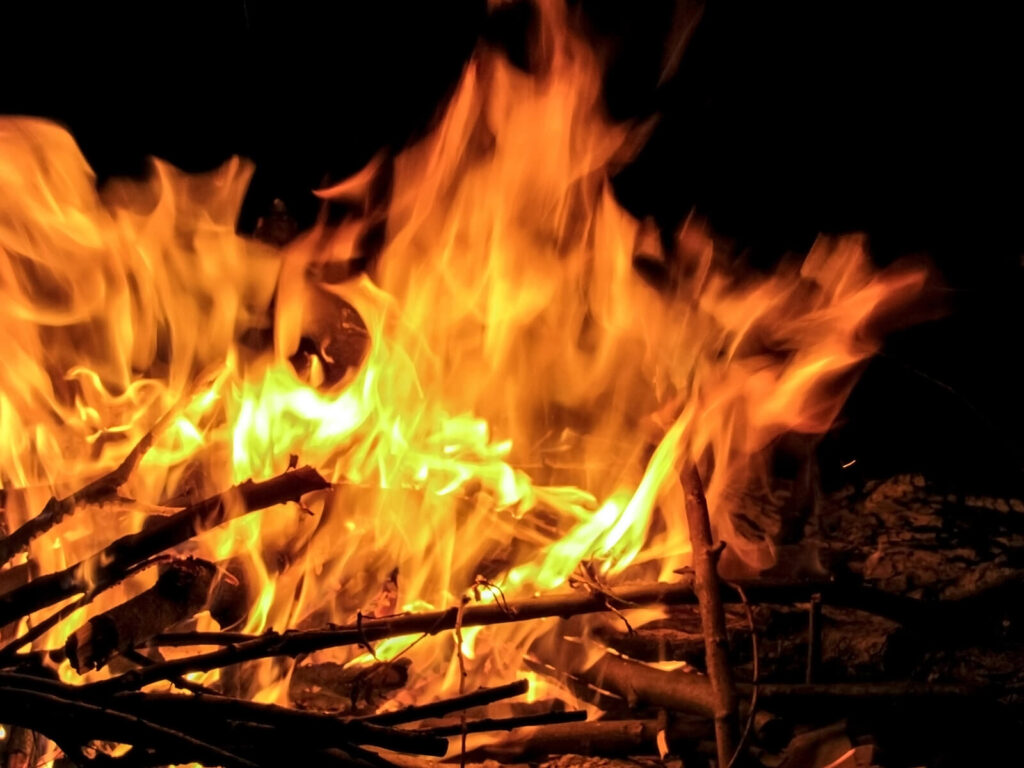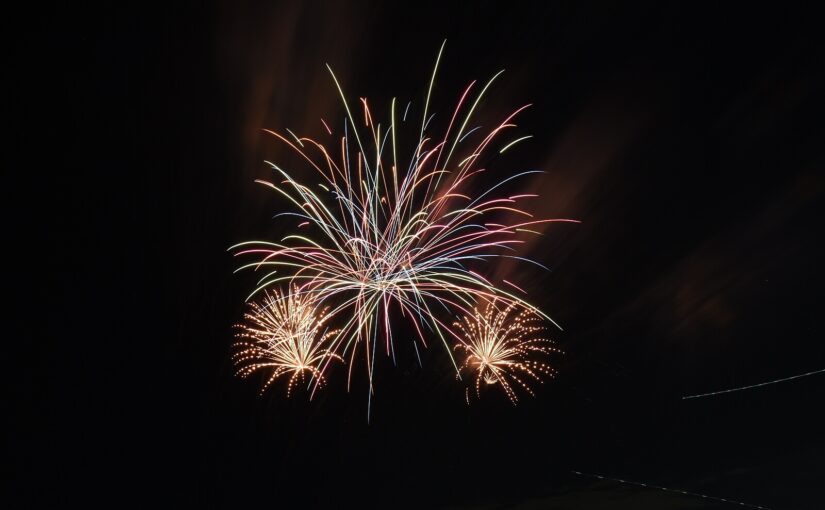Each year in November, we celebrate ‘Guy Fawkes Night’, which is more commonly known as Bonfire Night.
On this night, people attend firework displays and have bonfires. Although it may seem harmless, as it is only one night a year, some of the toxins never fully disintegrate and remain in the environment.
What do Bonfire Night traditions involve?
Bonfire Night has been going on for hundreds of years and is a ‘celebration’ of Guy Fawkes’ failed attempt to blow up the Houses of Parliament in 1605.
Mainly, two traditions are to have bonfires and firework displays. However, traditions have changed over the years, such as the addition of sparklers, and the reduction in people creating ‘guys’ to burn on their bonfires.
How is Bonfire Night impacting the environment?
Bonfire Night is having a hugely negative impact on the environment, and there are a lot of factors involved.
Take a look below at how it is impacting health, the environment and wildlife.
Air pollution
A previous study revealed that bonfires and fireworks caused air pollution levels to exceed the Defra recommended level for fine particulate matter by over three times in 2018.
Although this is not surprising, as each Bonfire Night you can smell the smoke and see the ‘foggy’ atmosphere, it is an urgent problem that needs to be thought about.
Health complications
Alongside the burns that people can receive when fireworks are not used responsibly, there are other ways that health can be put at risk.
Due to the fine dust particles that are released when fireworks explode, they can aggravate the symptoms of those with lung diseases or conditions.
Plastic pollution
Although Bonfire Night’s arrangements are different this year due to COVID-19, people may still be having household Bonfire Night celebrations.
Fireworks have plastic throughout their structure, including in their packaging. When they are fired into the air, the plastic often breaks into tiny pieces and ends up in the environment for a long time, as it will not degrade.

Harming animals
Bonfire Night brings a whole new wave of worry for pet owners. Dogs and cats can suffer from extreme anxiety due to the loud noise from fireworks.
Similarly to the chemicals negatively effecting humans with lung conditions, it is just as dangerous to dogs and cats.
Bonfire Night doesn’t just affect domestic animals; it can impact general wildlife throughout the country. In recent years, focus has been set on hedgehogs, as they hide within garden waste and wood which is often used for fires.
The British Hedgehog Preservation Society (BHPS) has urged people to check their bonfires for hedgehogs that may be hidden beneath them!
Can I have an eco-friendly Bonfire Night?
Although Bonfire Night has a huge negative impact on the environment, this doesn’t mean you can’t find an eco-friendly way to celebrate the night!
Here are some ways you can celebrate Bonfire Night while saving the environment.
Burn natural materials
Although no form of bonfire is helpful to the environment, there are more ‘eco-friendly’ ways to have one.
By burning wood and general garden waste rather than plastic and rubber, you will emit fewer carbon emissions.
Check for animals
As previously mentioned, animals are hurt and scared by bonfires and fireworks in and around 5 November.
If you are having a bonfire, it is crucial to frequently check the materials you are burning before lighting them, as there may be hedgehogs or other animals hidden within.
Find alternative fireworks
If you don’t want to miss out on the joy that fireworks bring, you could try buying eco-friendly fireworks!
However, as eco-friendly fireworks can be hard to find, an energy company has argued that white coloured fireworks generally have fewer harmful chemicals than most.
Another suggestion is to avoid fireworks all together! You can use glow sticks, silly string, bubbles, lights, and safe lasers to enjoy the celebrations instead.
Make sure to clean up
At the end of Bonfire Night, there are huge amounts of litter from food containers after displays and the plastic packaging of fireworks that have been scattered around.
If you have food with a bonfire, make sure you use your own plates and cups rather than paper and plastic ones.
Due to COVID-19, there are no firework displays in Leeds and Yorkshire, so it is crucial you clean up your own waste at the end of your household celebration.
